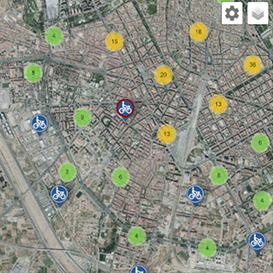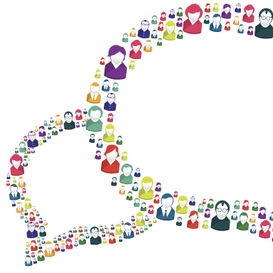ACCELERATE
A go-to-market acceleration platform for ICT

Innovation is much more than creating technology; it must ‘go to market’. Many companies need new ways to rapidly validate the match between the market and their innovative ICT-intensive technology. The ITEA project ACCELERATE took up the challenge of enabling the mass adoption of acceleration knowhow by European technology companies by focusing on two goals: the transfer of knowledge on a massive scale and the introduction of a new type of product development, the so-called validated learning process that systematically searches for the technology-market match by validating the mechanics of a business model. This way ACCELERATE set out to shorten the innovation cycle and time-to-market, and to increase the number of new products or solutions as well as the number of ideas that are accelerated and/or created.
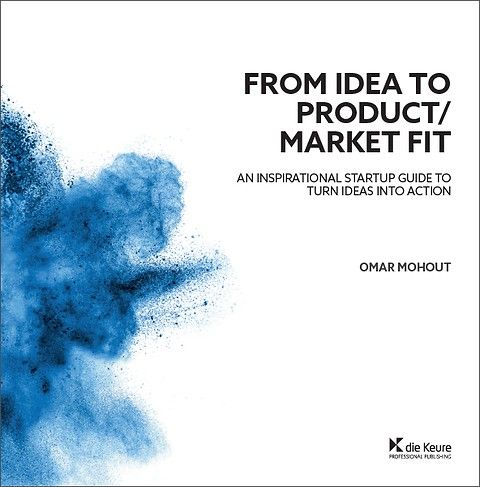
Finding answers
The method created in ACCELERATE was presented by the Belgian partner SIRRIS. It generated one book, “From Idea to Product/Market Fit”, on the basis of different e-books. Successful start-ups are all about turning ideas into action quickly and efficiently. Taking action is the hard part. Launching a start-up requires a willingness to fail and learn. Avoiding failure is not a sign that you are smart and being smart is not about knowing all the answers; it’s about knowing how to find them. It is the premise of the book to help ask the right questions and formulate possible answers. This book provides guidance, insights, perspective and inspiration to go from idea to product/market fit in three stages:
- The idea stage
- The Problem/Solution stage
- The Product/Market Fit stage
The e-books created by SIRRIS have been used in coaching programmes and so far about 80 companies have been coached.
The eighteen ACCELERATE project partners from Belgium, Finland, France, Romania and Spain created a platform that eases and facilitates interactions between start-ups and investors for business and product ideas or just an idea that can become marketable. The platform was built on Drupal 7 CMS, an enterprise-level open source solution for anything that implies content, user profiles, user roles and access permissions. Start-ups can communicate on the platform using the forums and with other users using the Private Messaging System. They can also access all the information sections of the platform and contribute to the library of resources by adding/publishing tools, methodologies, KPIs, success stories and lessons learnt. Most importantly, they have the possibility to add/edit/remove ideas. Investors can also use these features but for private ideas they must request access from the idea owner in order to view its details. The ACCELERATE platform has grown over the years, being now the meeting point for 15 investors and 105 users registered as start-ups. The platform is hosting in the present over 60 project ideas.
Improving continuous innovation
ACCELERATE immediately had an impact on the project’s partners, during and after the project. For example, in Finland, Elektrobit (since 2015 Bittium) had used the traditional stage-gate model for their ideation for well over ten years. In the stage-gate innovation process, the collected ideas were used only to create intellectual property rights (IPR), and therefore involved only a limited number of experts. But without a common, familiar practice to present ideas, especially business ideas for the decision makers, and without well-defined criteria to assess the potential value of the ideas, the quality of the ideas varied a lot, and the link to the company’s business targets missed completely. Consequently, the lead time of idea handling varied and many of the ideas remained a bit fuzzy, which also led to decreased employee motivation to propose ideas. To improve the situation, the company set out innovation approach to have more radical innovations (products or applications) to be able to scale the business aiming to utilise the full potential of the entire organisation. The first step in the journey of improving continuous innovation was the deployment of an innovation management information system tool for collecting all ideas and covering the innovation process from idea harvesting to the business validation. During and after the project, several new business innovations led to either improvement of the products or to completely new innovations. However, the biggest change made was to evolve the company culture for the innovations. This kind of company culture needs to be fostered continuously. During 2015-2018, Bittium grew significantly and evolved to a clearly more product and innovation-driven company than previously. This is also evident in the revenue share; the product-based net sales rose from 37% in 2H.2017 to 56% in 1H.2019 and the net sales increased by about 16% between 1H.2018 and 1H.2019.
Major efficiency gains and growth
Based on the ACCELERATE results, the level of automation for the Finnish industry partner, AAC Global, has increased significantly from where they started; in a typical process, the estimated increase of automated steps is 15%. The turnaround times and go-to-market of new services and updates to existing services are 20% shorter than before participation in the project. They are now also able to integrate seamlessly to their customers’ processes and hence to increase automation and smart processes even more. ACC Global most likely would not have reached this level of automation and systematic approach without ACCELERATE. In the project, they created completely new service channels and services for our customers, and also monitored closely the customer feedback and the ROI regarding the services. These processes and channels are still in use in the company and being constantly maintained and developed. Despite the fact that AAC Global’s ownership has changed several times since the project start, benefits from the project are still reaped in the daily operations and it is now planned to also scale this to other companies: this year the customer portal and backend processes that were a part of the ACCELERATE project will be shared with the global group of companies, Acolad Group, they are part of now. The efficiency increase gained from ACCELERATE is thus planned to be scaled up to other entities in the group.
BEIA’s telemetry start-up in Romania has been improved through the ACCELERATE project to increase the awareness of telemetry systems among potential clients, as well as increasing the visibility of the solutions in both online and offline environments. Even more, the company has become a reseller in Romania for F-Secure, one of the Finnish partners from ACCELERATE. The start-up has expanded its’ telemonitoring solutions from agriculture fields to heliports, photovoltaic parks and smart buildings. BEIA Telemetry has undergone huge growth; from the end of the project until the end of 2019 the hiring rate has gone up to 10% and, in terms of partnerships, three more manufacturers have been contracted with BEIA now offering more precise solutions for indoor and outdoor measurements, like air and water quality, weather forecasts, using on-site sensors and satellite scans.
For Mondragon University in Spain, the methodologies and tools identified and designed in ACCELERATE to address the original objectives/challenges have been continuously implemented since the project ended. Every year, two or three contests are organised at University involving different groups of students, companies and territorial agencies. Company’s requests for projects have increased every year. Companies request projects aligned with their strategy. In many cases, those projects are adopted by the company as solutions to their needs and about 15-20% of the students end up working there. Companies use these projects not only to enhance their knowledge and capacity but also to scout for good reliable workers. Mondragon University has activated new measures to enhance the participation of students in companies.
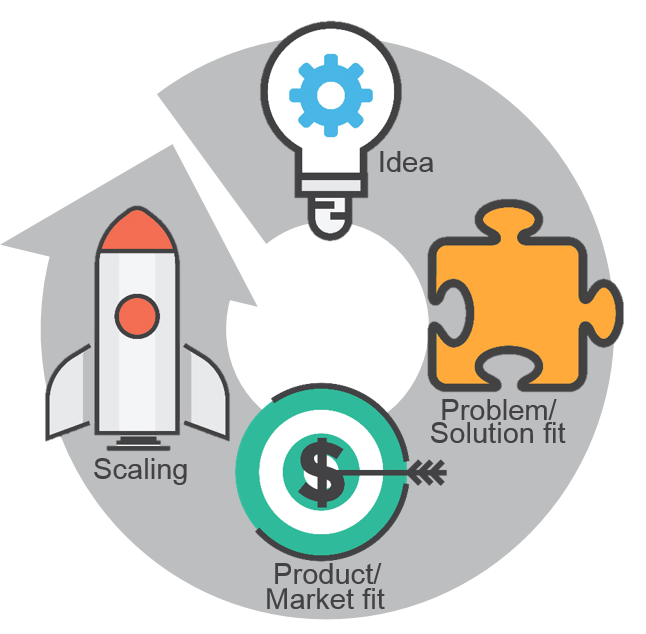
ITEA was a catalyst for validating the results of CogniStreamer, like the Nimble Bee program - developed during the course of the project and already commercialised - which assists in solving product and package design challenges with an international community of university students.
The Nimble Bee competition takes place on a secure, closed (cloud-based) platform that allows companies to launch strategic challenges to a tailored community of students. Universities participating in the Nimble Bee competition come from different parts of the world (Asia, Europe, Americas) and include both design-oriented as more technical-focused schools like Mondragon University in Spain (who was also a consortium member of the ACCELERATE project). Since the launch of the Nimble Bee program, different challenges for Procter & Gamble, Heineken, McBride, ABInBev, Samsonite and AGC Automotive were successfully hosted. At this point in time, Nimble Bee has involved 2,060 students and solved 21 challenges, with an average of 42 submitted designs per challenge. The sponsoring companies used the option to buy the full intellectual property rights for, on average, 3 designs per challenge.
And last, but not least, Aptual created a new spin-off, Johku, on the basis of the methodologies learnt in the project and the Belgian SME Zenjoy has enjoyed a revenue growth of 33% thanks to the ACCELERATE results. But the impact is not just financial – more and better qualified employees, better clients, more professional R&D, new products and services as well as a quicker go-to-market process are among the other impactful effects of the project on Zenjoy.
Ongoing impact
The ACCELERATE partners are now digital transition experts with a huge amount of industrial experience on the topic. To share their knowledge, some of them participated in the ITEA Digital transformation Masterclass set-up with VINNOVA in October 2016 in Stockholm, targeting managers from Swedish Industry confronted with the digital transition of their organisation, and willing to learn how the digital approach can be an opportunity to transform their organisation to be closer to their customers. With their approach, the partners continue to spread the ACCELERATE impact and benefits.
EDF uses results regarding state estimation to detect and diagnose the causes of power losses in power plants. A new power loss monitoring system, which combines physical modelling with Modelica and Bayesian networks and modelling based on neural patterns, is now deployed in EDF's nuclear power plant fleet, and has prompted the launch of a new start-up to provide model-based smart diagnosis and prognosis services for CPS.
More information
Other chapters
Use the arrows to view more chapters
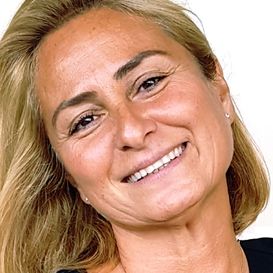
Editorial
by Zeynep Sarılar

Country Focus: Austria
One-stop shop accelerates Research facilitator industrial R&D
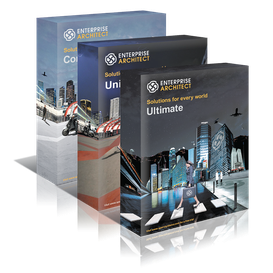
SparxSystems Central Europe
Innovation sparks – with an x!
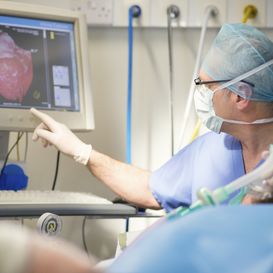
ITEA Success story: BENEFIT
Advancing evidence-based medicine for better patient outcome
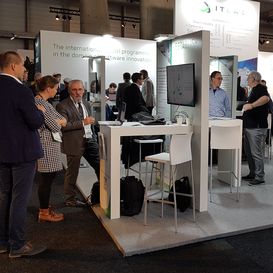
ITEA at Smart City Expo 2019
Bringing together Smart City Challenges and Smart City Solutions
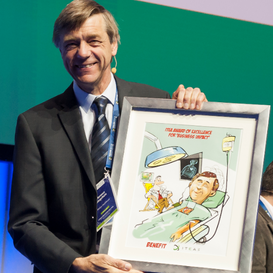
Community Talk with Herman Stegehuis
Harvesting the fruits of one’s labours

End user happiness: Panacea Gaming Platform
Setting a world standard in gaming for special populations

ITEA Success Story: ACCELERATE
A go-to-market acceleration platform for ICT
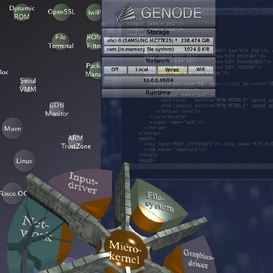
SME in the spotlight: Genode labs
Where fantasy creates a new reality
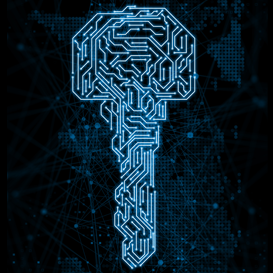
Cyber Security & Cloud Expo 2020
Continuing to focus on customer orientation
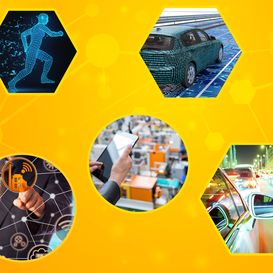
Modelling & Simulation
A vision of standards and state of play


